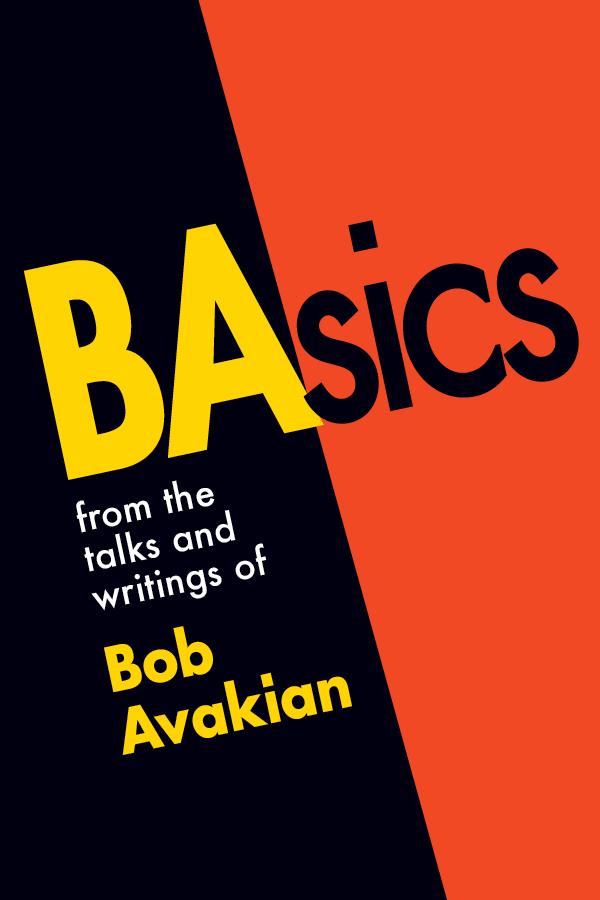Bob Avakian, BAsics 5:19:
While, again, there is certainly more to be learned about this, it can be said that, with regard to the sphere of sexuality, in some significant ways for the communist movement overall, and specifically for our party...the question of homosexuality has been emblematic of the weakness of the communist movement and socialist states historically—from the time of Engels, with his unfortunate remarks denigrating homosexuality, up through the Chinese revolution. This, in a significant way, has concentrated a weakness of the communist movement on the question of sexuality more generally, including specifically how this relates to the status, and the struggle for the complete liberation, of women....
The Need and the Basis for a
Further Leap and Radical Rupture
So, while again there is definitely more to be learned through further investigation, study, analysis and synthesis, all this does, I believe, establish that there is a need for a further radical rupture, to lay a firmer foundation for really achieving the “4 Alls” in their fullest dimension. This has not been given full expression or been fully recognized in the history of the communist movement, including in the history of our party, until very recently when we have begun to seriously address questions from a different and much more radical standpoint.
The change in the position of our party on the question of homosexuality [to one which fully supports the struggle against the oppression of gay people as an important part of advancing toward the goal of communism and the emancipation of all humanity]* is, in very significant measure, a result of what has developed into the New Synthesis, and specifically the method and approach embodied in that New Synthesis. It represents a breaking with trends and tendencies within the communist movement which, to no small degree, have been suffocating of the kind of radical theory and radical movement that communism actually should be and must be. But, in a real sense, this constitutes a beginning, which we need to build on and go much further with—on the basis of a scientific approach and the scientific synthesis of what I referred to earlier as the visceral and the theoretical.
Unresolved Contradictions, Driving Forces for Revolution—Part III: “The New Synthesis and the Woman Question: The Emancipation of Women and the Communist Revolution— Further Leaps and Radical Ruptures,” Revolution #196, March 28, 2010
* Until the late 1990s, the Revolutionary Communist Party, while opposing discrimination based on sexual orientation, regarded homosexuality as a negative social phenomenon, and something which should be struggled against ideologically, in a way similar to religion. In the latter part of the 1990s, as an important part of making further radical ruptures with certain backward views and political positions which actually embodied aspects of “tradition’s chains”—including within the international communist movement historically—the RCP began a process of study and analysis, which led to a fundamental change in its position on this question. For a basic statement on this change in position, and the process of critical examination and analysis which led to this change, see “On the Position on Homosexuality in the New Draft Programme,” published by the RCP in 2001.
Marxism and the Call of the Future
Conversations on Ethics, History, and Politics
Sexuality and Homosexuality
(Chapter 21, pp 238-262)
by Bob Avakian and Bill Martin
III. The New Synthesis and the Woman Question: The Emancipation of Women and the Communist Revolution—Further Leaps and Radical Ruptures
from UNRESOLVED CONTRADICTIONS, DRIVING FORCES FOR REVOLUTION by Bob Avakian
(November 2009-April 2010)
We also need to be aware of the positive—and in significant ways “subversive of the system”—potential of the assertion of gay “identity” and gay rights, even with the very real contradictions in this, including the narrowing tendencies of “identity politics” as well as conservatizing influences related to traditional marriage, and, for that matter, the campaign to be allowed to be part of the imperialist military while being openly gay. Even with all that, in its principal aspect this has, and can to an even greater degree have, a very positive, “subversive of the system” effect. This is a contradiction which, in the society overall, is “out of the closet.” It could be forced back into the closet, and underground, with not only the stronger assertion of the kind of fascist movement that is being supported and fostered by powerful ruling class forces in this period, but with the actual assumption of a fascist form of bourgeois dictatorship. But the struggle against the oppression of gay people is not going to be easily suppressed. We should understand the potential of this as well, and the need to relate correctly to this, to foster the further development of its positive potential and its contribution to the movement for revolution.
—Bob Avakian, BAsics 3:25
